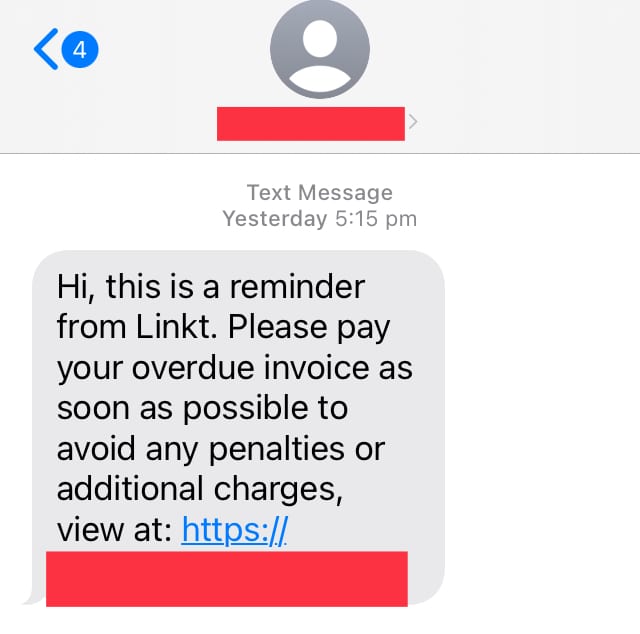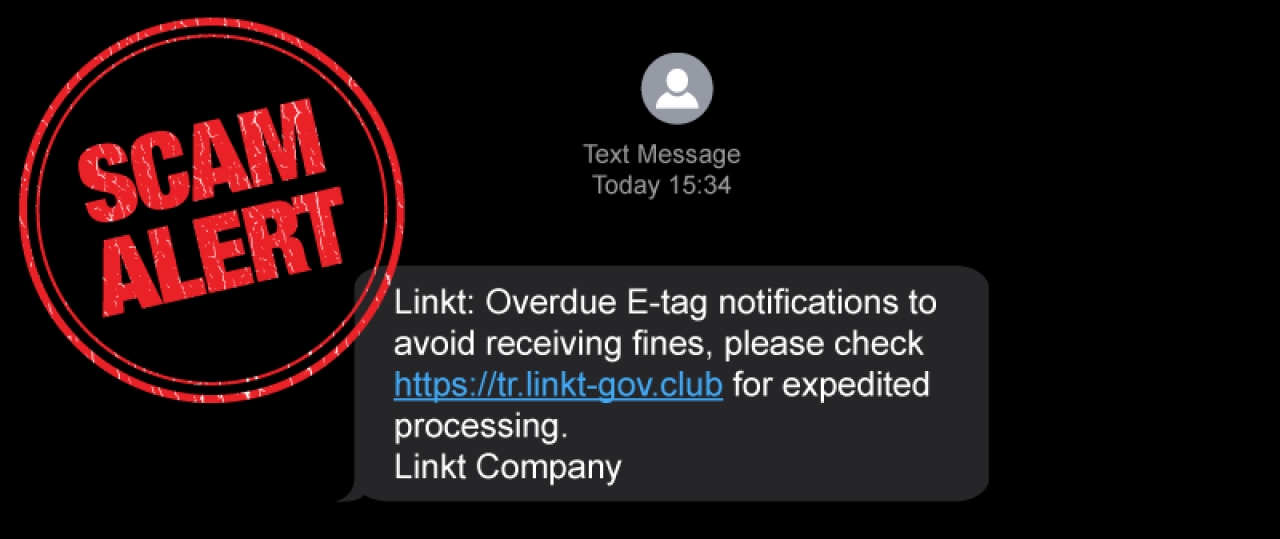Toll Scam Text Demands Payment: Beware the Deceitful Trap
In the digital age, the ease of communication has unfortunately brought about a surge in insidious scams, with toll scam text messages being a prime example. These messages, often disguised as legitimate notifications from transportation authorities, demand immediate payment for unpaid tolls, threatening dire consequences in the event of non-compliance. However, these messages are nothing more than a sophisticated phishing attempt, designed to extract sensitive information and financial gains from unsuspecting victims.
Modus Operandi of Toll Scam Texts
Toll scam texts typically follow a standard modus operandi:
- Impersonation: Scammers often impersonate reputable transportation agencies, such as the Department of Transportation (DOT) or local toll authorities, to lend an air of legitimacy to their messages.
- Sense of Urgency: The messages are often designed to create a sense of urgency, claiming that the alleged toll payment is overdue and must be settled immediately to avoid hefty fines or account suspension.
- Phishing Link: The messages typically include a clickable link that purports to lead to a secure payment portal. In reality, these links redirect to fraudulent websites designed to steal personal information, such as credit card numbers and passwords.
Distinguishing Legitimate Toll Messages from Scams
It is crucial to be able to differentiate between legitimate toll messages and scams. Here are some telltale signs of a scam:
- Unfamiliar Sender: Toll authorities typically use official email addresses or phone numbers for communication. If you receive a message from an unknown or suspicious sender, exercise caution.
- Unusual Language or Grammar: Scam messages often contain grammatical errors or unusual wording that can be indicative of a fake origin.
- Lack of Details: Legitimate toll notifications usually provide specific details about the alleged violation, such as the date, time, and location of the unpaid toll. Scam messages may be vague or lacking in these details.
- Payment Through Unusual Channels: Toll authorities typically have established and secure payment channels. If a message directs you to pay through a third-party website or unconventional means, be wary.
Consequences of Falling Prey to Toll Scams
Falling prey to toll scam texts can have serious consequences:
- Identity Theft: Scammers can use stolen information to engage in identity theft, opening fraudulent accounts or making unauthorized purchases in your name.
- Financial Loss: The primary goal of toll scams is financial gain. Scammers can drain bank accounts or steal credit card balances.
- Reputation Damage: If scammers gain access to sensitive information, they can use it to damage your reputation or spread false rumors.
Protecting Yourself from Toll Scams
To protect yourself from toll scams, consider the following measures:
- Trust Official Sources: Only rely on official communication channels from transportation authorities. If you have concerns about unpaid tolls, contact the agency directly through their website or established phone lines.
- Scrutinize Messages Carefully: Pay attention to the sender’s address, language, and content. If anything seems suspicious, do not click on links or provide personal information.
- Never Share Sensitive Information: Never share credit card numbers, passwords, or other sensitive information via text message or untrustworthy websites.
- Report Suspicious Messages: If you receive a suspicious toll scam text, report it to the appropriate authorities and your wireless carrier.
Conclusion
Toll scam texts are a growing threat, but by being aware of their modus operandi and taking appropriate precautions, you can protect yourself from their harmful consequences. Remember to trust official sources, scrutinize messages carefully, never share sensitive information, and report suspicious activities. By staying vigilant, we can collectively combat these deceptive scams.

